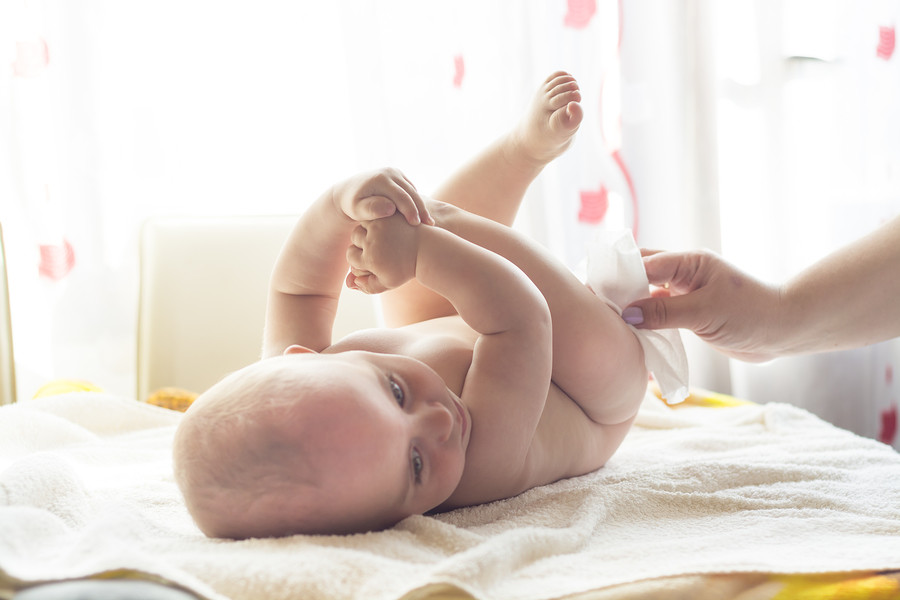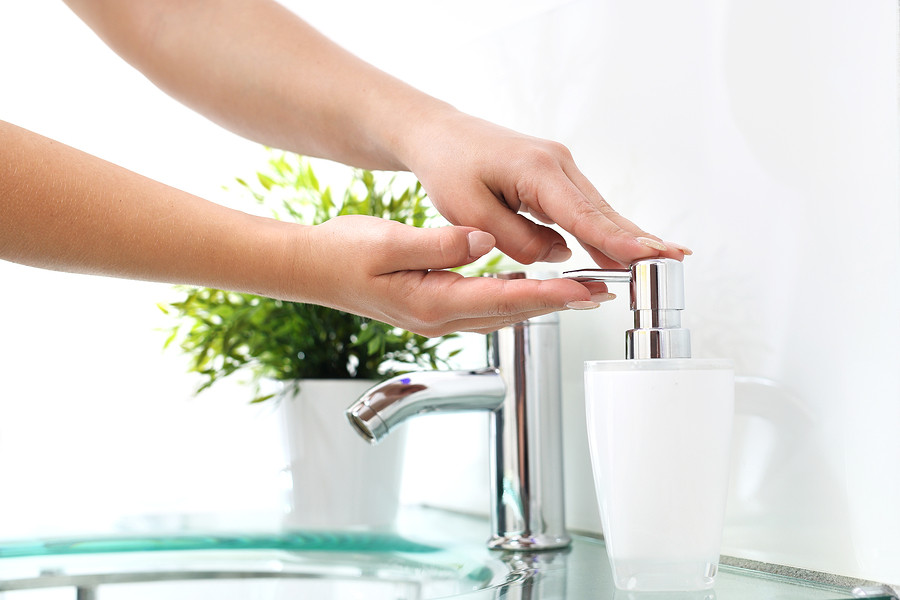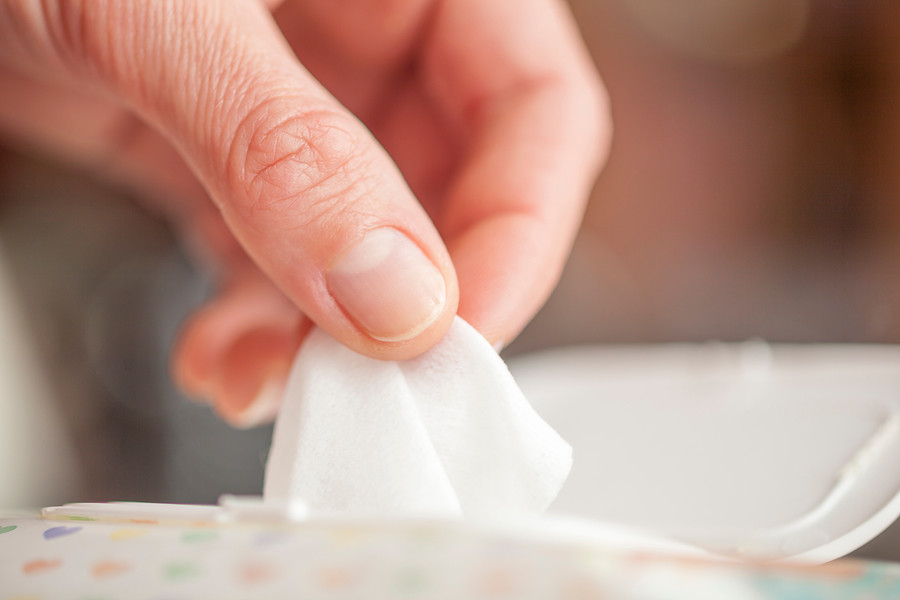The number of children suffering from food allergies has increased in the recent past, according to the Australasian Society of Clinical Immunology and Allergy (ASCIA). The most recent statistics available indicate that 10% of young babies suffer from food allergies before they even reach their first birthday. In the past ten years, Australian hospitals have admitted double the usual numbers of food allergy patients due to serious reactions. Until recently, experts have been puzzled as to what causes food allergies in the first place and why the number of food allergy victims has been increasing.
The Journal of Allergy and Clinical Immunology recently published a study conducted by researchers from Northwestern University’s Feinberg School of Medicine on the topic of what causes childhood food allergies. The study suggests multiple factors that can work together to cause these uncomfortable, and sometimes life-threatening, reactions to food.

Baby wipes are one surprising contributing factor that the researchers found to play a role in creating vulnerability to food allergies. However, baby wipes by themselves apparently are not to blame; the real problem is that people are not being proactive about washing the residue off of babies’ skin after using the wet wipes.
A barrier of lipids (fats) comprises the uppermost layer of normal, healthy human skin. The ingredients in wet wipes can have a disruptive effect on these lipids, particularly when they’re allowed to remain on the skin. Wet wipes can also affect the skin’s microbiome, which is made up of the microorganisms present on the skin. Babies can be genetically predisposed to inheriting skin barrier defects; this can increase their vulnerabilities to food allergies and also create the conditions that make them susceptible to atopic dermatitis (eczema).
People sometimes inadvertently transfer dust and allergens to a baby’s skin. If this happens to a baby who was already genetically predisposed to altered skin absorbency, the presence of soapy residue on the baby’s skin can create a situation allowing the dust or allergenic substance to be more easily absorbed. When all these conditions are present, and someone handles the baby with hands that have dust and traces of a food allergen clinging to them, the researchers discovered that the result is a food allergy.
Baby wipes are a modern convenience that many moms take advantage of without being aware that they could possibly have any downsides. Who would ever suspect a connection between baby wipes and food allergies? Most people are surprised to learn of this link.
If you’re a caretaker of young children, it’s important for you to take action to protect the little ones in your care. Now that you’re aware of the possible problems associated with baby wipes, it’s best to avoid them whenever practical. When you’re at home, you can easily wash your children with ordinary soap and water and then rinse and dry them as usual.
If you’re on the go, and you feel as if you absolutely cannot do without baby wipes, you can carry soft paper towels and a squirt bottle filled with water along with you in addition to the wipes. That way, you can be sure to rinse the baby’s skin with water and pat it dry after using the wipes. This will reduce the chances of soap residue remaining on the baby’s skin, and it could also help to reduce the possibility of any leftover residue contributing to a future food allergy.

It’s also important to wash your hands frequently when caring for a baby; hand-washing is especially important after handling potential food allergens such as peanuts, soy, eggs and shellfish.
If you’ve been using baby wipes, and you suspect that your child may have a food allergy as a result, it is advisable to discuss the situation with your general practitioner as soon as possible. If necessary, your GP can refer you to a qualified immunologist or allergist for appropriate food allergy testing.
In Australia, Medicare only covers a part of this cost. If you have private health insurance cover, your provider might compensate for part or all of the costs associated with food allergies and testing. If food allergies are a concern for your family, it could be helpful to compare health insurance plans against each other and Medicare to determine which plan would be most suitable given your unique circumstances.
You can take comfort in knowing that childhood food allergies are not always permanent conditions. Many children manage to outgrow their uncomfortable reactions to various foods, according to the experts at ASCIA.


